You wonder if they’ll know you cried this morning. Composing your message. Thinking it through. Trying to find the right words before you need them. Before you deliver crushing news.
You set up your table carefully. Water bottle. Notes. Pen. Highlighter. Photocopies. Everything you need to deliver the scores and feedback. You’re ready, but you don’t feel ready. It’s like there are bees buzzing in your stomach. Jabbing. Stinging. You feel ill.
You sit at the table waiting for the first person to arrive.
There’s a knock at the door.
You wonder if they’ll know you didn’t sleep last night. Of course they do. You haven’t slept for near on three months. Three months learning new words and learning how to use them well.
You have everything you need – notes, paper, pen, highlighter. But you could have come in empty handed. Everything that matters, has happened already.
They said to come in whenever you were ready. You’ve done everything you can. Doesn’t stop the jitters, though. You focus and try to school your features into something resembling calm. You’re not sure how successful you are at that, though.
You knock on the door.
When you see them walk through the door, they seem ready and mostly assured, but also like something is off, like nerves has hollowed them out momentarily, ready to be inflated by good news. The focus is there, as always. They’re ready to receive the feedback. Today, they sit in front of you ready to hear their scores - four numbers. There’s more to it, of course. But those four numbers will determine the rest of the conversation.
And they’re not the numbers this person wants to hear. They’re not the numbers you want to say.
You walk in and take a seat at the table. Any attempts to be calm disappear. The coffee is coursing through your system, your leg is bouncing up and down out of sight, and your insides are buzzing, like a swarm of bees. You are a potent mix of adrenaline, nerves and excitement. You’ve worked for this.
You’re ready to hear those numbers.
#
#
#
#
Your heart breaks. You say nothing.
The silence is deafening.
They look up at you with damp eyes. It’s then you realise your eyes are the same. In the moment, you make the choice not to hide it. You’re not even sure if you could.
Your heart breaks. You say nothing.
The silence is empty.
You look up at them with damp eyes. It’s then you realise their eyes are the same. You think about hiding it. But, in this moment, you can’t.
Three months of hard work reduced to one test, two hours, and four numbers. A portfolio of learning misrepresented by four numbers.
You try to make sense of it. How are these the four numbers? This can’t be the score.
A career now hanging in the balance because of four numbers.
What happens now because of those numbers?
You put your word picture in front of them and ask them to read. You’ve always thought of word pictures as a gift. A moment to capture dedication and hard work, and the qualities a score just can’t show. A chance to put in writing – I see you. I noticed you. I’m proud of you. The tiny box you’re given never seems like enough.
This time you’ve wielded your words like a weapon. Crisp. Precise. Mission-focused. You have one chance to make the reader see how hard this person worked. One chance to show how much they grew in such a short time. Demand the reader to read beyond the score.
Your best writing has always been in service of others.
They slide a document in front of you and ask you to read it. First, you see a blur, then you see the words. Good ones, too. Talent. Passion. Dedicated. Team-player.Wonderful ambassador. All the words you want people to use about you and what you hope they see in you.
You try to feel good about what’s been written about you, but it’s too soon. You feel ill.
After a few deep breaths, you take a closer look. You actually read the sentences and read what’s not written. You see what they’ve done. This is not a few paragraphs of ‘thank you for coming.’ This is not ‘you are a delight to have in class’. This is not ‘thank you for participating’.
This is ‘you are more than four numbers’.
“You have to make your commander read this. You have to make them see beyond the numbers,” you say, but you both know it is a whisker shy of pleading.
‘I’m not sure they will.’
You nod sadly.
You nod sadly.
“What more could I have done?”
“You worked so hard.”
“I stayed up studying until late each night.”
“You grew so much.”
“It still wasn’t enough.”
“Your improvement has been incredible.”
“What more could I have done?”
You know how you want this conversation to go next. It’s your turn to talk again. You want it to be uplifting and powerful. You want to celebrate the tremendous progress that they’ve made. You want to heal the cracks in their confidence and start to repair their crushed heart. The room is quiet, but your mind is not. You keep the three words you don’t want to say close to your chest.
You’re angry. You’re embarrassed. Just sheer disbelief at this outcome. In all the work you’ve done, in all the feedback you’ve received, these should not have been the numbers you heard today. Your confidence in your skills has been shattered and you’re doing your best not to fling the broken shards out at the messenger.
I don’t know.
You just don’t know.
The buzzing is relentless, so you force yourself to take three deep breaths. Your start to clinically analyse the lessons of the past three months. We learnt how to debate– is that useful here? What sentence stems can I use to make my point? How do I create a cohesive argument? What’s my evidence against these scores?
How do I respectfully disagree?
Like they taught me.
You see them take three deep breaths, so you wait. You see their brain working quickly, so you let them work. You’ve worked with them for three months. You know what they look like when they’re thinking, when they’re gathering evidence, when they’re figuring out how to make their point.
You give them space to formulate their argument.
Just like you taught them.
“How much time do we have?”
“We have time.”
You bring up past assessments, formative speaking tests, and the feedback from all the teachers. It doesn’t match the numbers from today.
You talk about the tasks and how prepared you were. You talk about the grammar you used and some of the risks you took. You talk about those risks being calculated and how you were so careful that when you took a risk, it did not hinder the meaning or communication.
You are mindful of the time. You are mindful about tone. You are mindful of your message. In parts, your voice cracks, but your voice has never been stronger.
You listen to them talk, fluently, passionately, emphatically. You let them talk, and express themselves in this safe space, secure in the relationship and mentorship the two of you have built. They know where the line is and you trust they won’t go close. They just need to get it out and better here than anywhere.
Amidst the pain, there’s something beautiful. A person standing up for themselves.
Your head spins whilst you listen. Manner. Word choice. Pronunciation. Syntax. Coherence and cohesion. Communicative effect. A million different marking criteria are being ticked off with every word.
You talk about how your best has been good enough for the whole twelve weeks and suddenly it’s not and how that hurts and that you don’t understand.
“Frankly, it’s just absurd that…”
And you stop.
Suddenly, your eyes light up. You try to catch yourself, but you’re not quite fast enough.
“Frankly, it’s absurd that…”
You remember when you taught them the word ‘frankly’. Made it a game. Asked your group to come up with ridiculous lies that they could tell each other, so the other person could respond with whole-hearted honesty, “frankly, I don’t care.” You remember how outlandish the accusations became and how the group disturbed the class next-door through peals of laughter.
You remember when you taught them the word ‘absurd’. Made it an activity. How your group graded the word against other words of similar meaning – bizarre, surreal, odd, weird, unrealistic. And then came up with wild scenarios where they could test out this new vocabulary. You remember how this person in front of you fell off their chair and collapsed on the floor in a puddle of giggles.
And you’ll remember this moment when they put it all together. Just a day too late.
You smile wistfully.
You smile proudly.
“If this 20 minutes had been my test, I would have heard the right numbers today, wouldn’t I?”
You don’t answer. You can’t.
But, you know.
But, you know.
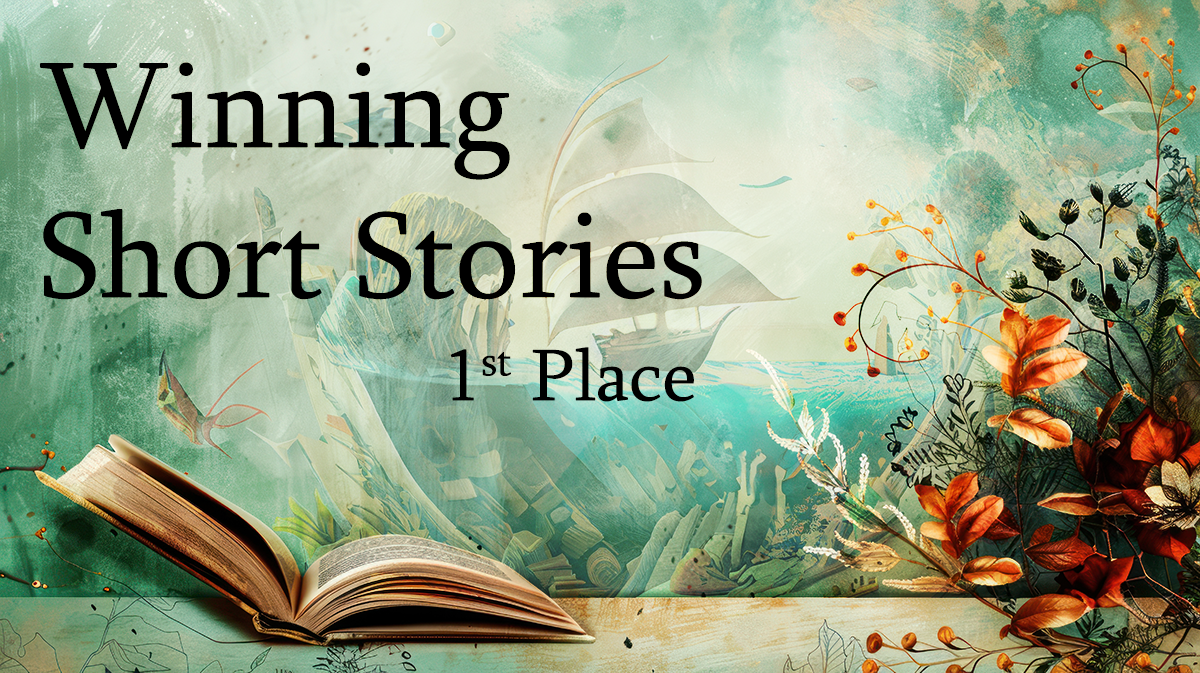


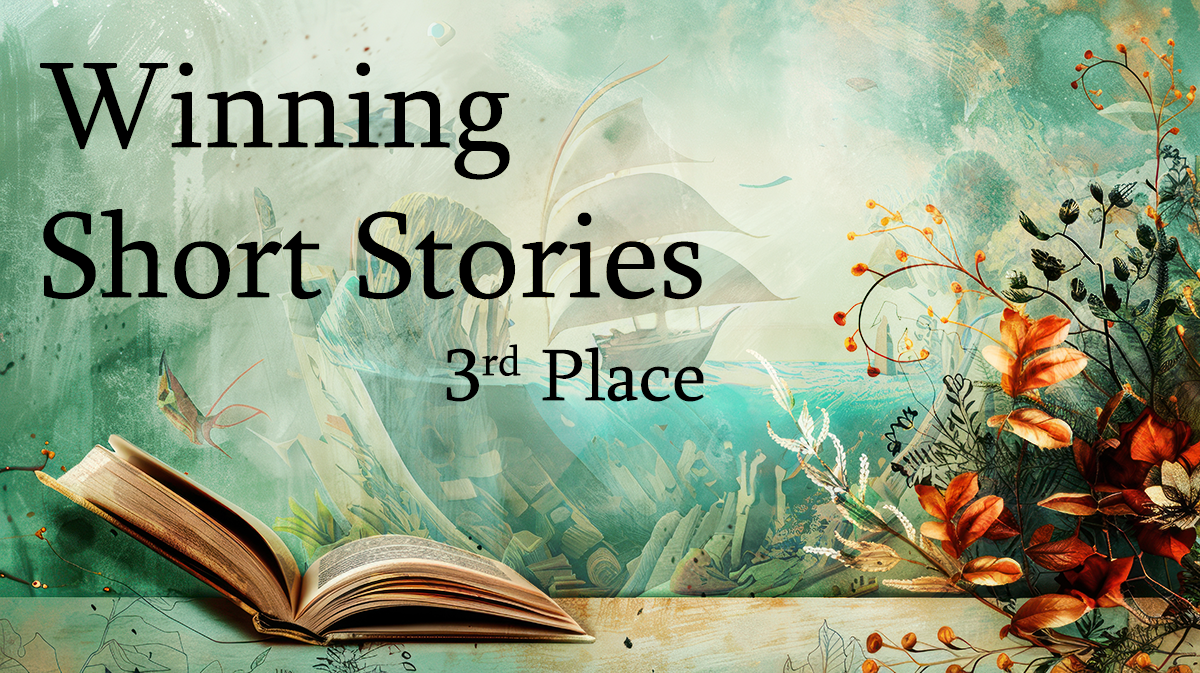

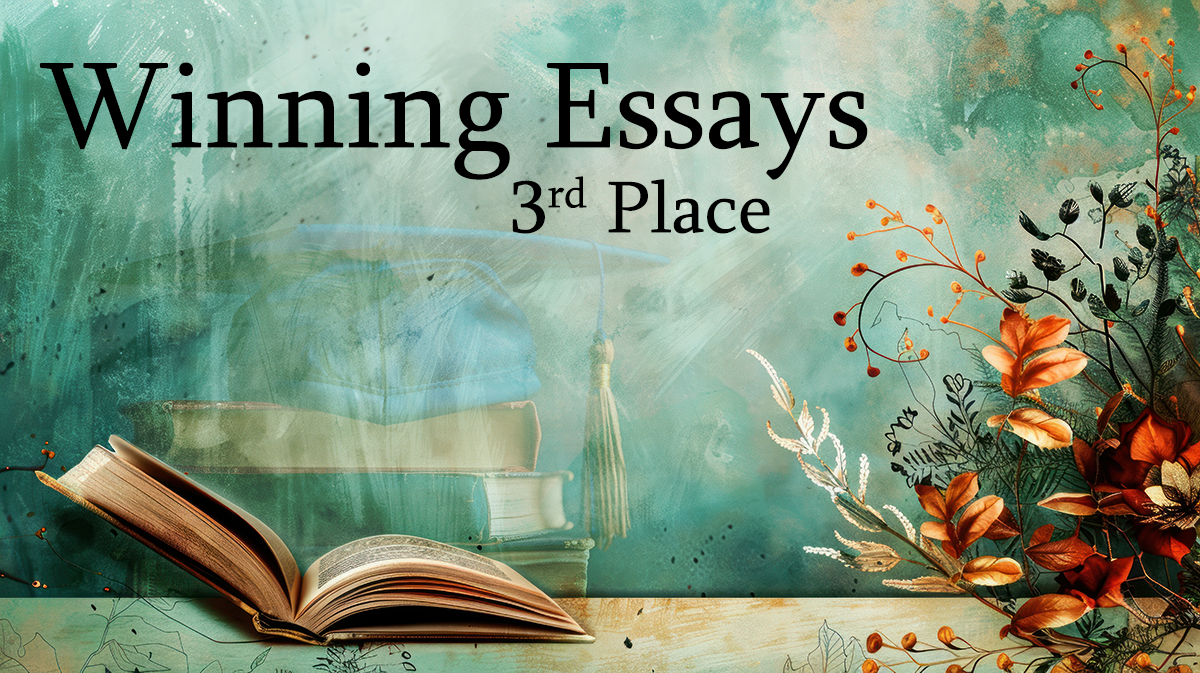

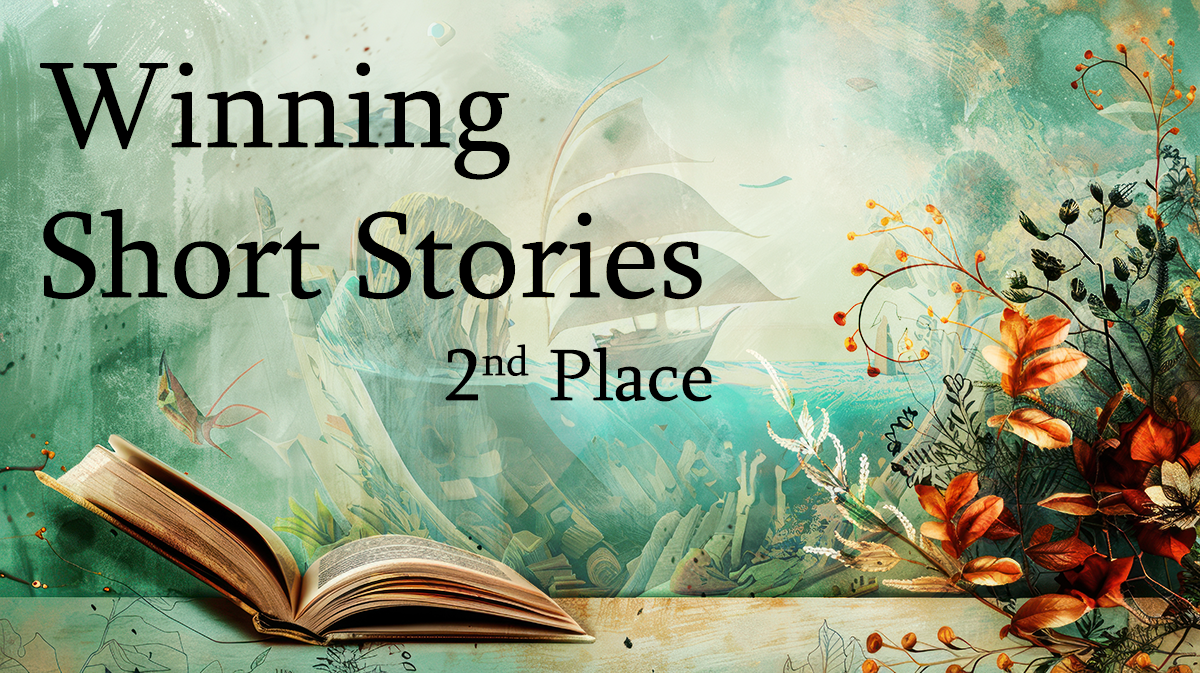
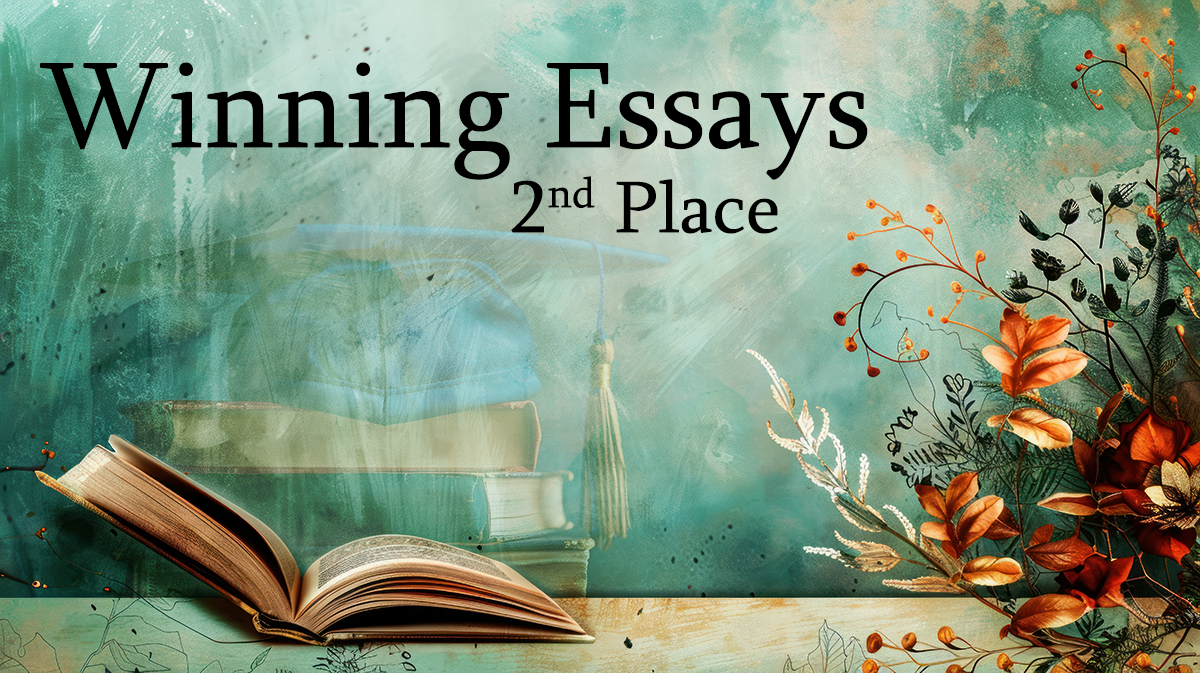
Comments
Start the conversation by sharing your thoughts! Please login to comment. If you don't yet have an account registration is quick and easy.